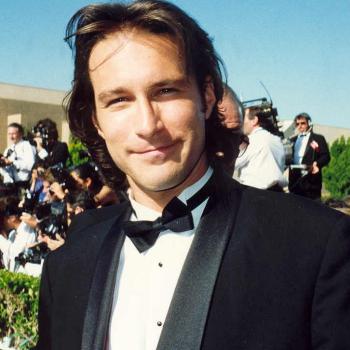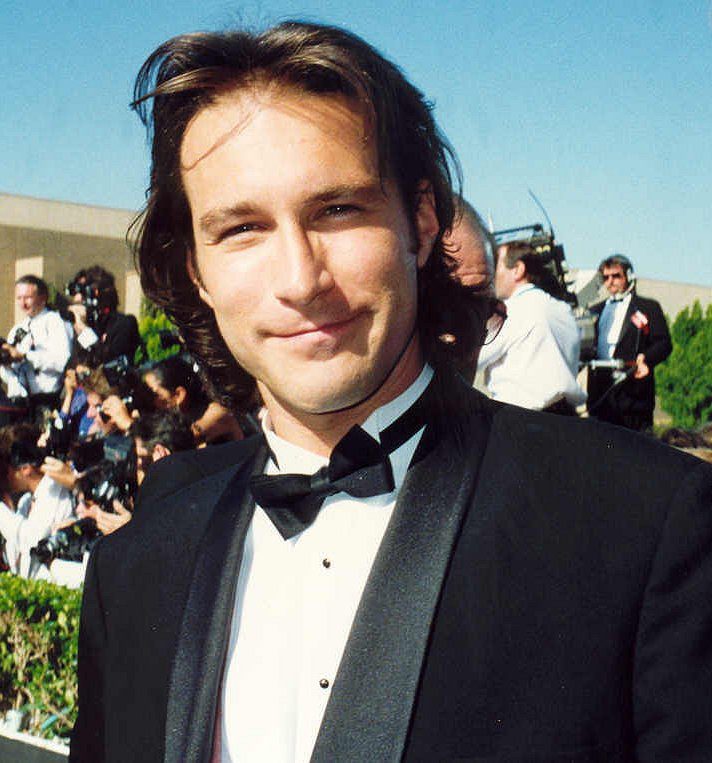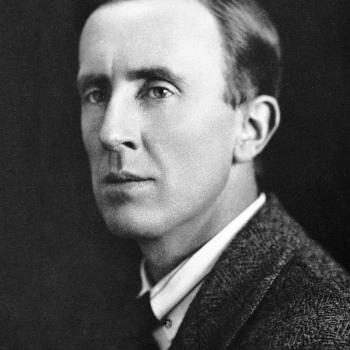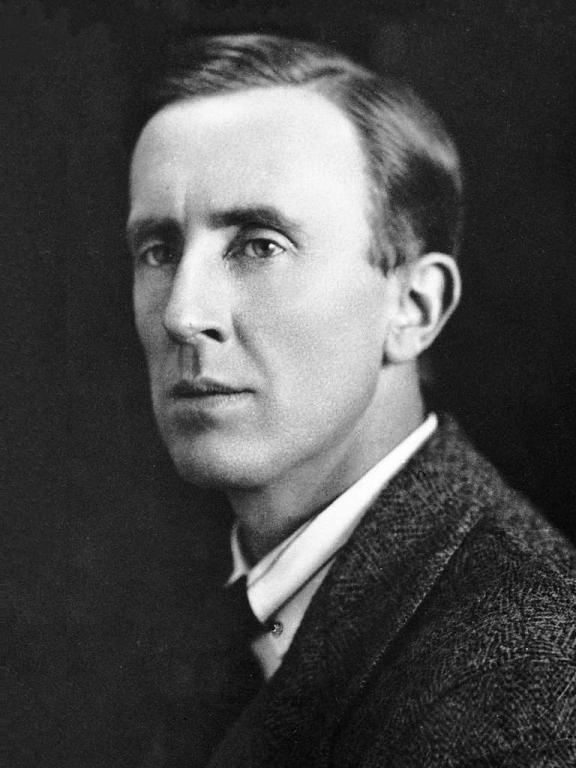The Holy Christian Church has a long record of taking pagan or secular holidays and giving them much more meaning by Christianizing them. In that tradition, the Cranach Institute has been crusading to observe Labor Day as Vocation Day!
And since Vocation Day always falls on a Monday, which is our day of Miscellany, we celebrate with a Vocation Day Miscellany, reflecting on how one in five young men in America is “economically inactive” (their rejection of vocation), how the divorce rate is down (good news for family vocations), and how for many people, work takes the place of church (confusion of vocations).
One in Five Young Men Is “Economically Inactive”
The percentage of Americans who are, to use another term, “economically inactive” is somewhat better, with only 11.2% of young men being NEET. These numbers include recent college graduates. Women are working at higher rates than ever before, but not men, many of whom are not even trying to get a job.
“Women tend to be more flexible in accepting job offers, even if they’re not perfectly aligned with their career goals or are part-time or they are overqualified for,” he says.
“Men, on the other hand, often hold out for roles that align more closely with their ideal career path or offer what they perceive as adequate compensation and status.”
She also quotes Human Resources consultant Conor Hughes, who says of young men,
“They want that dream job title, the perfect culture fit, and a supreme compensation package right out of the gate,” he explains. “Instead of being open to decent opportunities as stepping stones, a lot of them would rather ride the unemployment wave while holding out for that unicorn role.”
A “unicorn” in this context means something “that is rare and highly valued, or is a hypothetical ideal.” I would add, is mythical and doesn’t exist in reality.
So these young men are holding out for the perfect job. And since that perfect job is not being offered to them, they aren’t doing anything, except presumably living at their parents’ and playing videogames.
This brings up a major misunderstanding about vocation. It isn’t that your vocation is your unicorn profession that will give you total satisfaction and fulfillment. I have heard vocation described that way, as opposed to the mere “jobs” that we do in the meantime before finding our true calling, which the NEETs are now dispensing with. No, vocation is in the here and now.
Whatever God gives you to do, whatever opportunity you have, to love and serve your neighbors by your productive labor, no matter how humble or menial it might seem, is your vocation. That may well change. A job you take to help pay your way through college or the first job you get offered after college is your vocation at the time, which, in fact, generally helps you prepare for further vocations that might prove to be more unicorn-like.
As of yet, you may not be experienced or qualified enough for that unicorn job. Maybe you never will be. And even if you do, you will find that, as the legends say, unicorns have sharp horns and are fierce and dangerous to everyone except for the innocent. At any rate, no vocation–whether in the workplace, the family, the state, or the church–is just about you. All vocations are about what you can do in love and service for others.
The Divorce Rate Is Down
The divorce rate keeps going down. In 2000, there were 4 divorces for every 1,000 people. In 2022, that number had dropped to 2.4 per thousand, a very significant decrease. (See this chart.)
In more up-to-date statistics, the rate for 2023 was little changed at 2.5. Projections for 2024 expect that number to be lower.
Why is this? A CNN story on the phenomenon quoted some experts:
“In my practice over the last decade, I’ve noticed a gradual shift from the ‘romantic marriage’ to the ‘companionate marriage,’ meaning that people are increasingly choosing spouses at the outset who are more like best friends than passion-partners,” [Marriage therapist Ian] Kerner said via email. . . .
“At its bare minimum, the concept of commitment implies the experience of being bonded with another. At its very best, it means being bonded with someone who is a consistent safe and secure home base that will be there for you in the face of any adversities,” said Dr. Monica O’Neal, a Boston psychologist.
The Workplace as Church
We can have vocations in the workplace, and we can have vocations in the church. But for some people, their workplace becomes their church–the place that gives them meaning, purpose, community, and a sense of transcendence.
This is especially common in high tech corporations, which often provide their workers seminars on meditation, lectures on Zen mindfulness, and promises that their labors will “change the world.” So reports sociologist Carolyn Chen in her book Work Pray Code: When Work Becomes Religion in Silicon Valley
In her review of the book for Christianity Today, Dorcas Cheng-Tozun quotes the author:
This [lack of religious affiliation in Silicon Valley] doesn’t mean that high-skilled workers aren’t spiritual. They are, in fact, as hungry for meaning, belonging, and personal transformation as anyone else. But their church, as it were, is the workplace. Their community is made up of coworkers. And they are being shepherded—through not only their careers but also their overall lives—by an array of supervisors, human-resource managers, executive coaches, and meditation gurus. . . .
“The decline of religious affiliations and participation, however, does not mean that religious needs have disappeared. They’ve just been displaced,” explains Chen. “Religion exists in the sacred cosmos of a work-centered world.” . . .
“Today, companies are not just economic institutions,” writes Chen. “They’ve become meaning-making institutions that offer a gospel of fulfillment and divine purpose in a capitalist cosmos.”
Of course, it isn’t just those who work in high tech companies who turn their workplace into their church. We also confuse our vocations when work becomes our family, or our nation becomes our church, or our church becomes our nation.
We have multiple callings in all of these estates, but each of them has its own proper sphere, its own proper labors, and its own proper neighbors. We must take care not to collapse them into each other or to make one serve the purposes of the others.



















